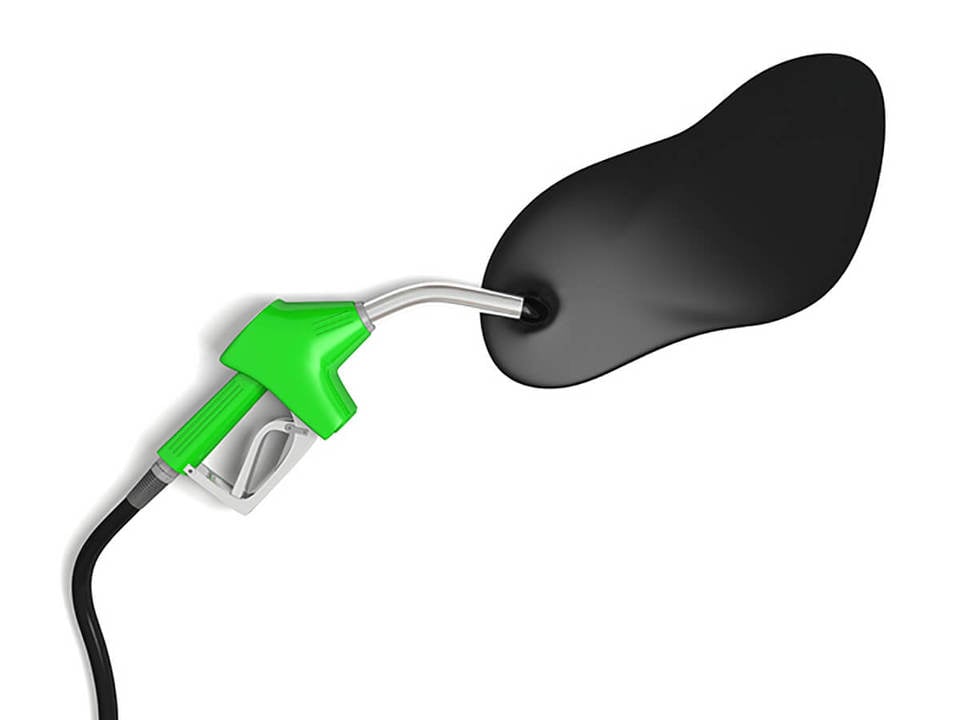The RAC is calling on fuel retailers to pass on further savings in the wholesale price brought about by the continued fall in world oil prices.
This overdue cut would reduce the biggest cost of motoring just in time for Christmas the RAC said.
Its monitoring of fuel prices shows there is scope for the price of a litre of petrol to come down by more than 7p a litre and diesel to drop by nearly 6p, bringing the average price of a litre of petrol to 114p and diesel to 120p – prices last seen across the country in March 2010.
Currently, the average price of petrol stands at 120.84p, with diesel at 125.43p whereas at the start of the year petrol was 130.79p a litre and diesel was 138.24p.
In June this year a barrel of crude reached a 2014 high of $115.36 – and the highest price since September last year – but since then it has fallen dramatically. As of Thursday, December 4, it stood at $68.59 which is $46.77 less.
And, while the falling oil price has been reflected at the pumps by retailers consistently reducing forecourt prices, the latest savings in the wholesale price need to be passed on quickly to demonstrate transparency.
Despite the price of oil coming down the dollar has gained on the pound which has somewhat lessened savings at the pump for motorists due to fuel being traded in dollars per tonne. The pound reached a year high in early July at $1.7.
RAC fuel spokesman Simon Williams said: “The tumbling oil price, coupled with a pound that is still strong against the dollar, have led to a phenomenon that many motorists are pretty unfamiliar with – falling pump prices.
"The forecast reduction that retailers should be passing on is the biggest the RAC has seen in recent years, even since petrol began to come down from its record high of 142.48p a litre on 17 April 2012 (diesel 147.93p – 13 April 2012).
“Retailers now have a very reasonable record on transparent pricing so we have no reason to believe that they will not pass on the savings in the wholesale price, we just urge them to do it sooner rather than later to make the point very clearly to motorists and fleet managers that they operate a fair pricing system.
“If they do, we could well see petrol pump prices fall by well over 7p a litre in the next few weeks and diesel by almost 6p a litre.
“With this kind of drop in the national average prices, motorists such as company car drivers, will no doubt see some very low petrol prices – perhaps under 110p a litre from retailers who pride themselves on having the lowest prices.
“At a petrol price of 114p a litre motorists would be saving over £9 (£71.93 down to £62.70) on filling up an average 55-litre family car compared to the beginning of the year, £10 for a diesel at 120p a litre (£76.03 down to £66). This will be very welcome news just in time for Christmas when household budgets are really stretched. It should also be another boost for business as it will lower operating costs substantially.
“While motorists, including company car drivers, are enjoying much lower forecourt prices it’s important to recognise that they will always be limited by fuel duty, which represents nearly 58p in every litre, and VAT which is charged on top, at around 20p a litre.
" A driver filling up a 55-litre petrol car at 114p a litre would therefore pay £62.70 of which £31.87p would be duty, £10.45 VAT and only £20.38 for the fuel itself.”


















Malcolm Rixon - 08/12/2014 12:09
The push for greater sales of PHEV, austerity through local government vehicle usage and the EU calling for more fuel efficient engines, will have an effect on the demand for oil and therefore the price will drop. This in turn will reduce the revenue that the government gets from Petrol and Diesel sales on the forecourt. I would think that Government would be getting a little concerned by now as while the motorist is benefiting, the taxman is not so wait for the full escalation duty to return and taxes on EV's and PHEV being introduced if it gets too low. We should all be aware that we are not going to benefit from this in the long run as the loss of revenue to both fuel companies and government will not be tolerated for too long and the motorist will be penalised in another way eventually. Long may is last though